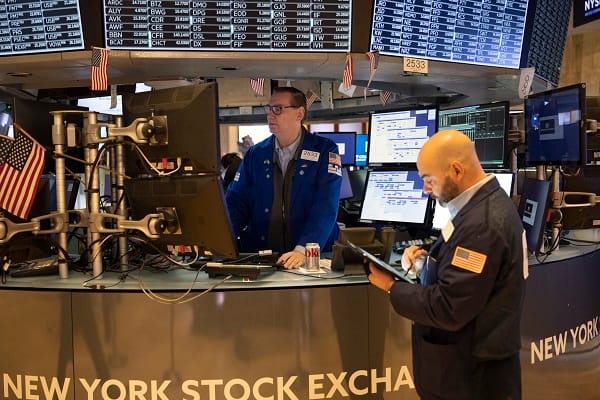
"Over the past weekend, the shock from President Donald Trump's new tariff announcements triggered a sharp sell-off on Wall Street. In fact, aggregate data show that the S&P 500 fell about 2.7% on Friday, October 10, its steepest drop since April, before rebounding roughly 1.6% on Monday, October 13. The index now hovers around 6,650 points, recovering part of its losses but with sentiment still fragile."
"Beyond the 100% tariff that the White House plans to impose on Chinese imports starting November 1, 2025 (or sooner if Beijing continues to restrict rare-earth exports), tensions have been further fuelled by a tit-for-tat escalation in maritime trade, with both the U.S. and China preparing to levy reciprocal port fees on each other's vessels - a form of "hidden tax" that raises logistics costs and threatens to distort global trade flows."
"Independent estimates suggest that these port fees could affect roughly 13% of the world's oil tanker fleet and 11% of container ships, with major carriers closely tied to either side - such as China's COSCO - likely to bear a significant portion of the cost. In other words, the risks now extend beyond border tariffs to supply-chain expenses and shipping delays, all of which feed directly into the cost base and profit margins of hundreds of S&P 500 companies."
New U.S. tariff announcements triggered a sharp market sell-off, with the S&P 500 down about 2.7% on October 10 before rebounding roughly 1.6% on October 13. The index hovers near 6,650 points, leaving sentiment fragile and prompting reassessment of corporate earnings growth and the durability of the AI-driven rally. The White House plans a 100% tariff on Chinese imports starting November 1, 2025 (or sooner if rare-earth exports are restricted). Both countries are preparing reciprocal port fees, which could affect a significant share of oil tankers and container ships, raise logistics costs, squeeze margins for companies reliant on Chinese components, and shift much of the burden onto U.S. businesses and consumers. Maritime retaliation could further disrupt global trade and supply chains.
Read at London Business News | Londonlovesbusiness.com
Unable to calculate read time
Collection
[
|
...
]